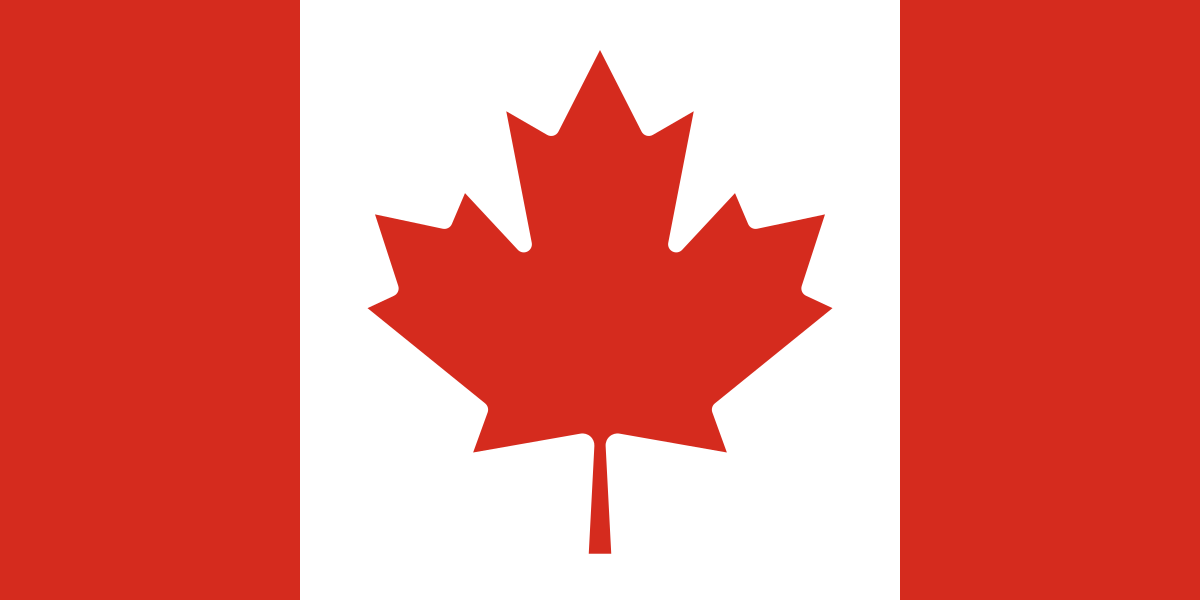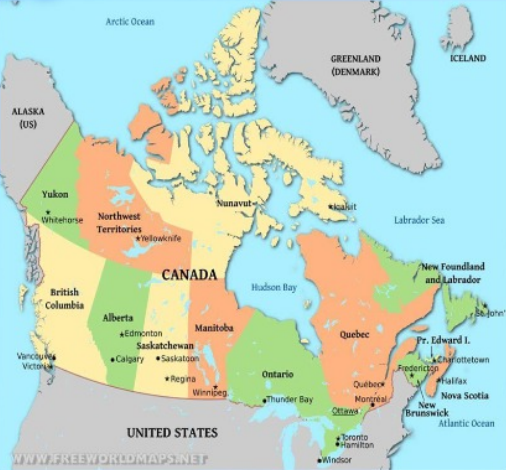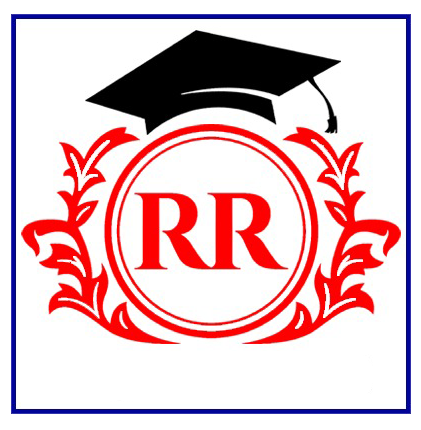
CANADA
The admission process for universities and community colleges in Canada is designed to ensure that students have a smooth transition into their academic programs. Here’s an overview of what you can expect during the admission process:
Intakes and Entry Schemes
University Intakes: Canadian universities typically have two major intakes – Fall (September) and Spring (January). These intakes align with the academic calendar, allowing students to begin their studies at the start of each semester.
Community College Intakes: Community colleges in Canada may have multiple intakes throughout the year, with one of the significant intakes being in May. These colleges often operate on a First-Come-First-Served (FCFS) basis for admissions.
SDS Entry Scheme: The Student Direct Stream (SDS) is a streamlined visa processing system for Indian students applying to study at designated learning institutions (DLIs) in Canada. This scheme aims to expedite the visa application process for eligible students.
Turnaround Time (TAT) and Application Requirements
TAT: After submitting your application, universities and colleges typically take 30 to 45 days to review and process applications. This timeframe may vary slightly depending on the institution and the volume of applications.
Letter of Recommendations (LoRs): While LoRs are not required for community colleges, they may be required for university applications. It’s essential to check the specific requirements of each institution and program.
Notarization of Documents: All required documents, including transcripts and other credentials, need to be notarized before submission. This ensures the authenticity and validity of your application materials.
Application Fee and Medical Fee: Both universities and colleges in Canada charge an application fee, which covers administrative costs. Additionally, some institutions may require a medical examination fee as part of the admission process.
Language Proficiency and Degree Requirements
Accepted Language Tests: Canadian institutions now accept a range of English proficiency tests, including IELTS, TOEFL, PTE, and others. These tests help assess your language skills and readiness for academic studies in English.
Degree Duration: Canadian universities typically accept students with four-year bachelor’s degrees or equivalent qualifications for graduate programs. However, some programs may consider applicants with three-year degrees based on specific program requirements.
Application Deadlines and Process
Deadlines: Universities and colleges in Canada follow strict deadlines for submitting applications. It’s crucial to check the application deadlines for each institution and program to ensure your application is considered for the desired intake.
Application Process: The application process usually involves submitting an online application form, along with required documents such as transcripts, language test scores, notarized documents, and proof of financial support (if applicable).
Navigating the admission process for universities and community colleges in Canada requires careful planning, attention to detail, and adherence to deadlines. By understanding the requirements and procedures, you can increase your chances of a successful application and begin your academic journey in Canada.

